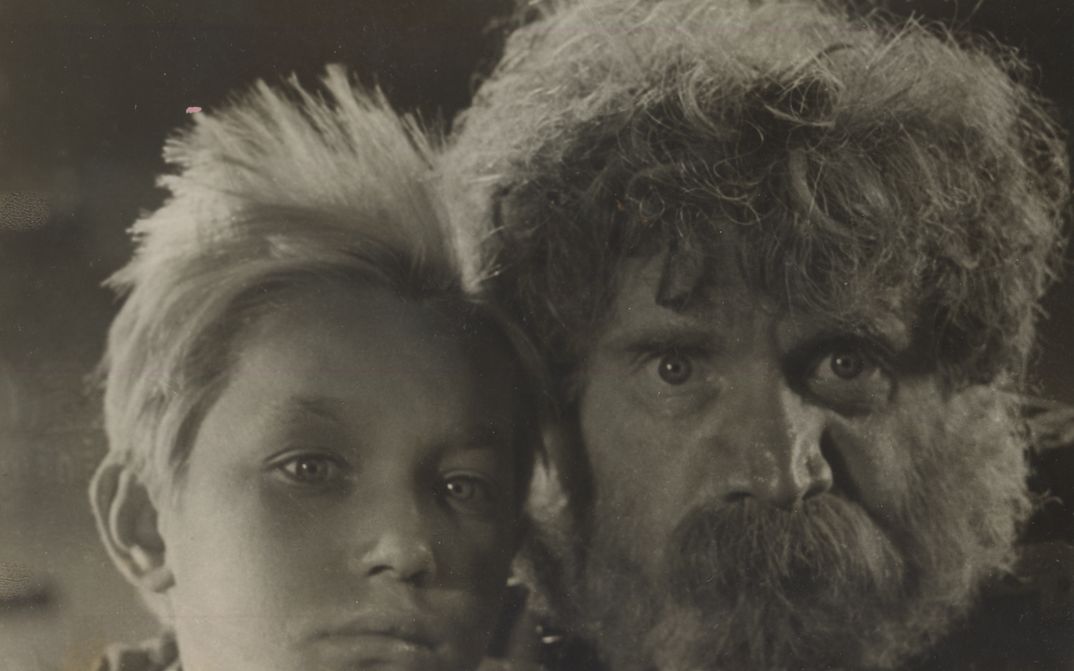Jay Leyda: Witnessed Years

„An open investigation of any part of film history reveals a continuing drama that is more comfortable to conceal than to reveal. It takes courage to probe into this drama of lost opportunities, cutthroat competition, too little money, too much money, moral contradictions, defeats that were almost victories, victories in the face of impossible obstacles, the roles of chance and irrationality, falsifications, personal brutalities, film failures that found audiences in the future or in other countries – to probe these and emerge with undiminshed enthusiasm for this extraordinary synthesis is the real test.“ (Jay Leyda: Toward a New Film History, Cinema Journal 14, Winter 1974-75)
Jay Leyda (1910–1988) was a photographer, filmmaker, film history scholar, translator and author of seminal works, among others on Sergei Eisenstein, with whom he studied in Moscow from 1933 to 1936. In a world marked by ideological fronts, Leyda followed his passion for everything to do with how films are made and how they live on in the archive. He wrote, carried out research, lived in New York, Moscow, Los Angeles, London, Peking and East Berlin and witnessed numerous, significant upheavals relating both to film and society, which he gave an account of in his books and articles. This program brings together films that Leyda worked on or whose film historical recognition he contributed to. It honors – for the first time on this scale – a key figure of an “international film history following ideas instead of geographical borders” as he once described what he desired of the field. (Tobias Hering)
The program has been made possible with funding from the Hauptstadtkulturfonds (HKF) and was curated by Tobias Hering. Special thanks go to the jury and the curator of the HKF, the co-curators, musicians and guests mentioned in the program notes, the rightsholders and distributors of the films, as well as Elena Pinto Simon, Naum Kleiman, Wolfgang Klaue (1935–2024) and Erika and Ulrich Gregor.


